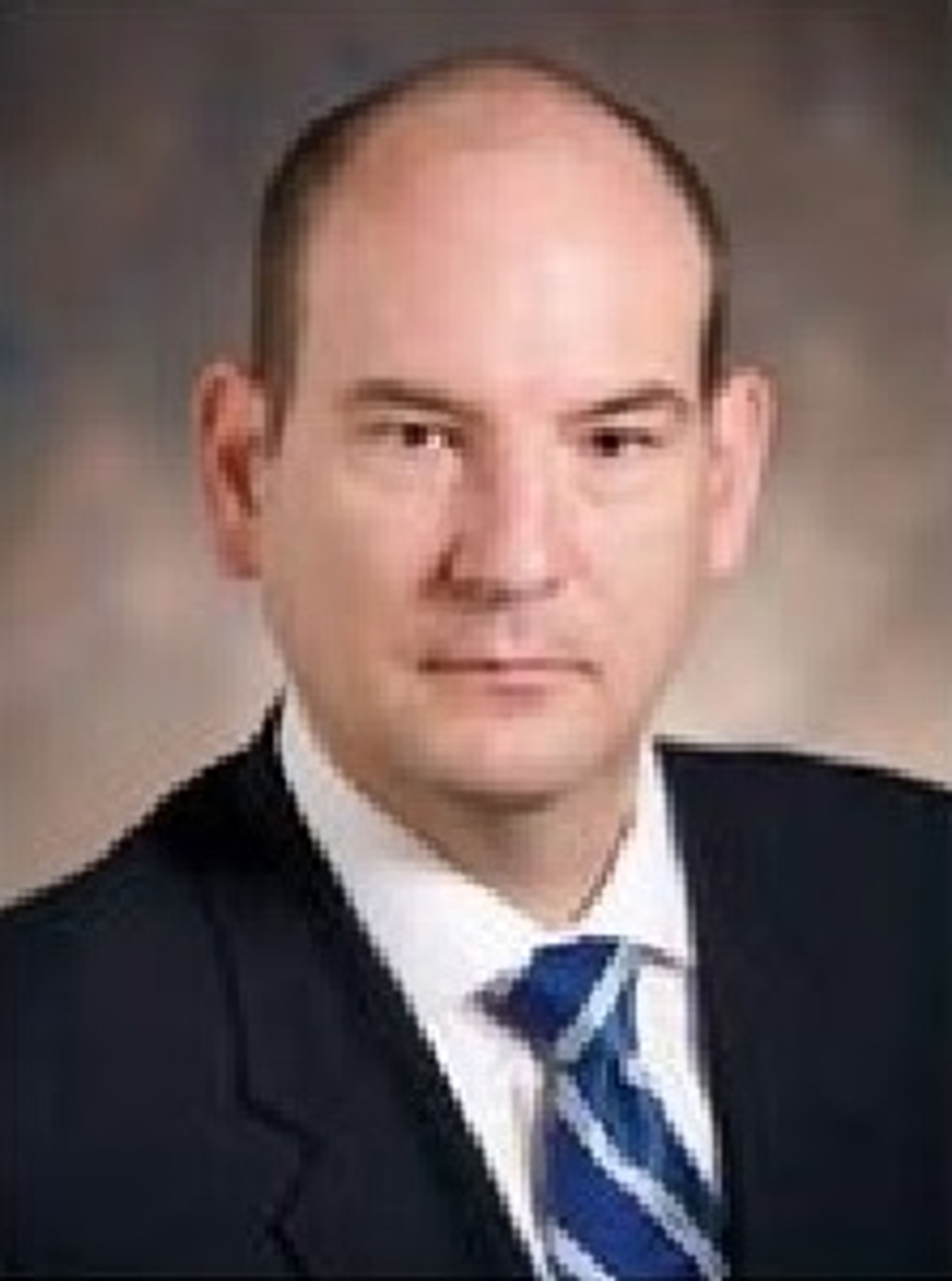Drag show, ‘sexual exhibition’ bill heads to House floor
Measure would allow parents or guardians of minors to sue for $5K if they feel their children were exposed to ‘sexual conduct’
BOISE — A bill meant to restrict minors’ access to drag shows and “sexual exhibitions” advanced to the House floor Wednesday.
The Christian-focused lobby group the Idaho Family Policy Center drafted House Bill 230, which allows parents or guardians of minors to file lawsuits for at least $5,000 if they feel their children were exposed to “sexual conduct.” The Idaho attorney general or county prosecutor could also file for injunctive relief to stop the action if they have “reason to believe” that the bill will be violated.
Rep. Ted Hill, R-Eagle, is the legislative sponsor.
Edward Clark, a policy assistant at the center, said the standards in the bill were based on the Federal Communications Commission’s standards for what can be broadcast on daytime television.
Sexual conduct is defined in the bill as acts or depictions of “masturbation, sexual intercourse or physical contact with a person’s unclothed genitals or pubic area” and “sexually provocative dances or gestures performed with accessories that exaggerate male or female primary or secondary sexual characteristics.”
Organizers of events must restrict minors’ access if it includes this conduct and it is “patently offensive to an average person applying contemporary community standards in the adult community as a whole with respect to what is suitable for minors.”
The FCC prohibits “indecent” material during daytime hours, which is defined as “material that, in context, depicts or describes sexual or excretory organs or activities in terms patently offensive as measured by contemporary community standards for the broadcast medium.”
There are no restrictions in FCC guidelines that mention “accessories that exaggerate male or female primary or secondary sexual characteristics.”
Clark told the Idaho Press that the policy center applies the FCC’s standard for determining if something is offensive by determining if it includes sexual conduct and if it is “patently offensive as measured by contemporary community standards” but that it added to the bill more specific definitions to what would be considered sexual conduct.
The policy center has said the aim is to ban public drag shows as well as burlesque and pole dancing performances. There is an exemption in the bill for high school and college dance and cheer teams as part of official school events.
There are also affirmative defenses from litigation for minors 14 and older who attended with a parent or received written consent, if there’s a legally enforceable contract in which the performers agreed not to violate the bill’s requirements, or it was reasonable to believe the minor was 18 or older.
Eight people testified at the hearing Wednesday, with five of them opposed and three in support.
Several in attendance argued the bill may run afoul of First Amendment protections to free expression, although Clark and Hill said that the bill falls within allowable restrictions on the basis of “time, place and manner.”
Hill also said drag shows are not specifically identified in the bill.
“This is all about protecting the public sphere, and saying they don’t do these at Pride parades, I would testify that that is completely not true,” Hill said. “Because I’ve seen them, and they can be somewhat amazing to see, but that isn’t the focus of this.”
Reps. Brooke Green, D-Boise; and Todd Achilles, D-Boise, expressed concerns over the exact language in the bill, including the ability to seek injunctive relief if they have reason to believe someone or an institution “is about to violate” the requirements in the bill and the lack of exception for club dance or cheer team events.
The Democrats were the only no votes on the bill, which advances to the full House for a vote.
Guido covers Idaho politics for the Lewiston Tribune, Moscow-Pullman Daily News and Idaho Press of Nampa. She may be contacted at lguido@idahopress.com and can be found on Twitter @EyeOnBoiseGuido.








